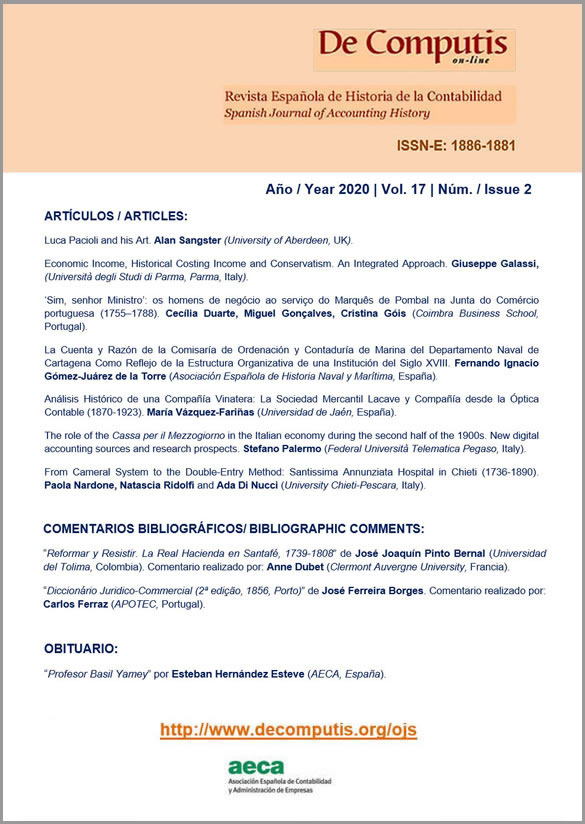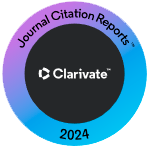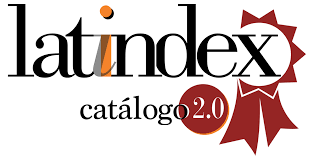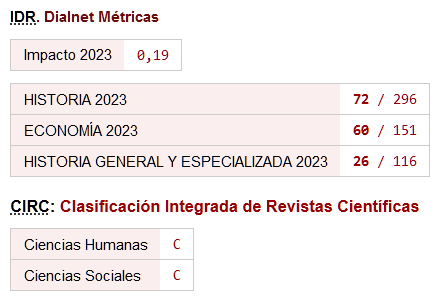Economic income, historical costing income and conservatism
An integrated approach
DOI:
https://doi.org/10.26784/issn.1886-1881.v17i2.395Abstract
The paper intends to contribute at the debate on the ‘Evolutionary Advantage of Cost Accounting and Conservatism’ (Accounting, Economics and Law: A Convivium, 2019. 9. issue), founded on Braun’s study (2016) about The Ecological Rationality of Historical Costs and Conservatism. Moving from the IASB Conceptual Framework (2013) it stresses the renewed interest in income concept. The economic financial crisis of 2008-9 stimulated discussions between the traditional ‘received view’ of ‘cost-revenue approach’ (historical cost accounting) and ‘balance-sheet approach’ (‘current values’ and ‘present values’, that is ‘economic values’). Revaluations of assets, liabilities and owners’ equities are consistent with the cost-revenue model as well as the discounting future income flows in order to reach sustainable economic income magnitudes and sustainable economic capital values.
The whole function of the information system is related to decision-making and control: the ‘accountability concept’ is crucial in this regard and is part of the process for predicting future ‘economic financial situations’. Certainly historical cost is relevant part of accountability valuation; the future economic results can be better predicted by a long past segment of outcomes from all the entity activity, ‘operating incomes’ and ‘capital gains and losses’. These principles drive in the direction of historical costing (and conservatism) integrated, through ‘revaluations’, with other different methodologies, typically ‘current values’ and ‘present values’, in a unitary systematic comprehensive framework, according to economia aziendale (entity economics) school of thought.
Downloads
Downloads
Published
How to Cite
Issue
Section
License

This work is licensed under a Creative Commons Attribution-NonCommercial-ShareAlike 4.0 International License.










